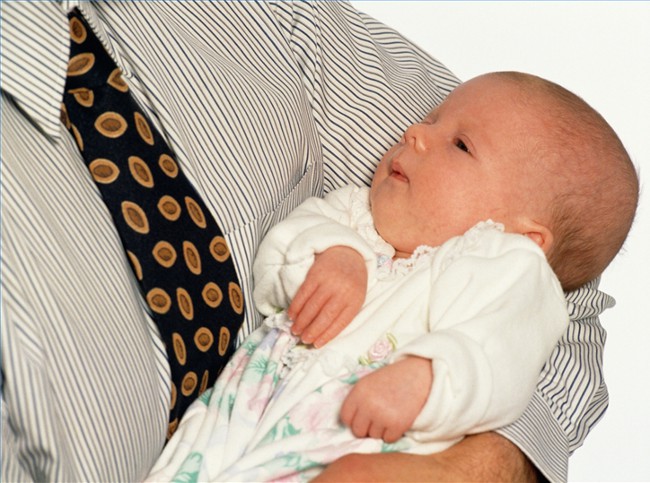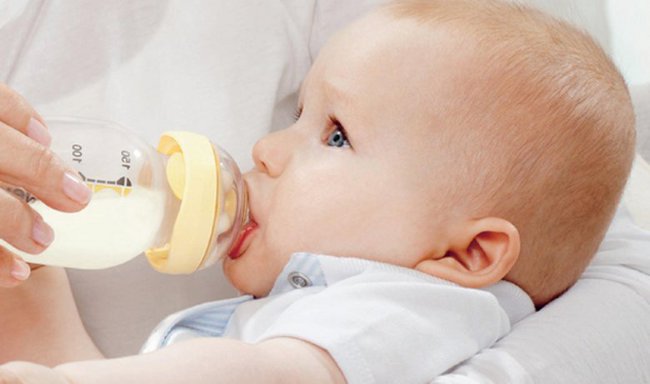Unconditioned reflexes of newborns

A new little man comes to this world completely helpless and helpless: he still does not know how to speak or walk. All that is in newborn babies is their unconditioned (congenital) reflexes. Reflexes of newborns help crumbs adjust to the environment.
Unconditioned reflexes of newborns are specific responses of children to the action of external stimuli. Unconditioned unconditioned reflexes of newbornsappear and disappear at a specific time. Pediatricians and neuropathologists make conclusions about the state of the nervous system of newborns after the study of congenital reflexes.
If the newborn is healthy, then unconditioned reflexes are symmetrical, sufficiently pronounced. If there is asymmetry of reflexes, their amplification or depression, then pediatrician consultation is absolutely necessary, because in this case, problems with the health of the nervous system of the baby are possible.
Study of neonatal reflexes for the purpose of determining whether there ispathologies of the development of the nervous system is best entrusted to the doctor: only he can correctly interpret the results. But if the birth of congenital reflexes of the newborn is carried out with the purpose of developing the motor activity of the baby (as a kind of gymnastics), then in this case you can do it yourself.
Unconditioned reflexes of newborns causeit follows, when the kid is cheerful, dry and well fed, and the room is warm and dry. The newborn should be placed on a flat, sufficiently hard surface. Adult movements should not in any way cause the baby pain.
Suckling reflex. The sucking reflex of newborns is manifestedalready in the first hours after the birth of the baby and is present for about a year. Determine the sucking reflex is very easy: the crumb begins to make active sucking movements when you touch your finger to his lips.
Grasping reflex (Robinson's reflex). The neonatal gag reflex, along withsucking, very well known. If the crumb puts his fingers in the handle, it will grip them so tightly that it can even be raised. The grasping reflex is most pronounced in the first two months of the baby's life, by the third month the reflex weakens, and by the six months usually disappears completely.
Proboscis reflex. The proboscis reflex of newborns appears inresponse to the rapid jerky touch of an adult's finger to the lips of a crumb. The newborn bulges his lips with the "proboscis" and looks for the nipple. Normally this reflex is present up to 3-4 months. If he is present at an older age, then this may indicate the defeat of the central nervous system.
Search reflex. The search reflex of newborns is expressedlowering the lower lip of the baby and turning the head toward the stimulus in response to stroking the skin in the area of the corners of the mouth. It is important that the reflex is symmetrical, that is, the reaction of the baby should be observed on the right and left sides. Normally, the reflex exists up to 3-4 months.
In addition to those named above in newbornsthere are also many other unconditioned reflexes. Having mastered the technique of testing unconditioned reflexes of newborns together with a pediatrician, one can independently investigate reflexes of newborns and on time to notice the health problems of your baby.














